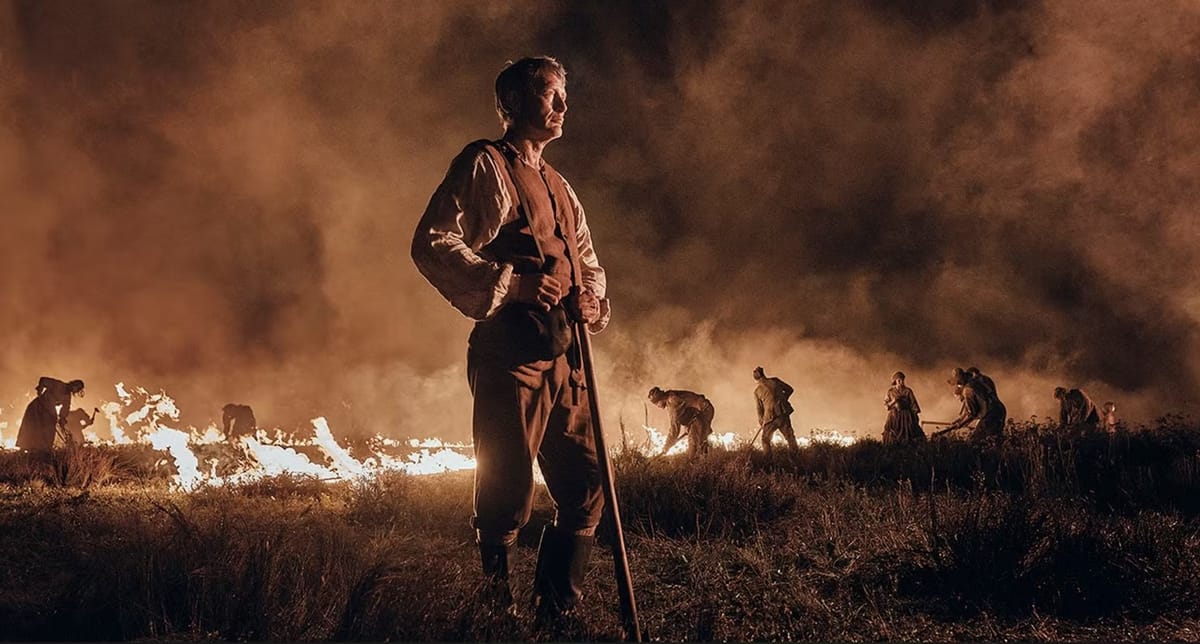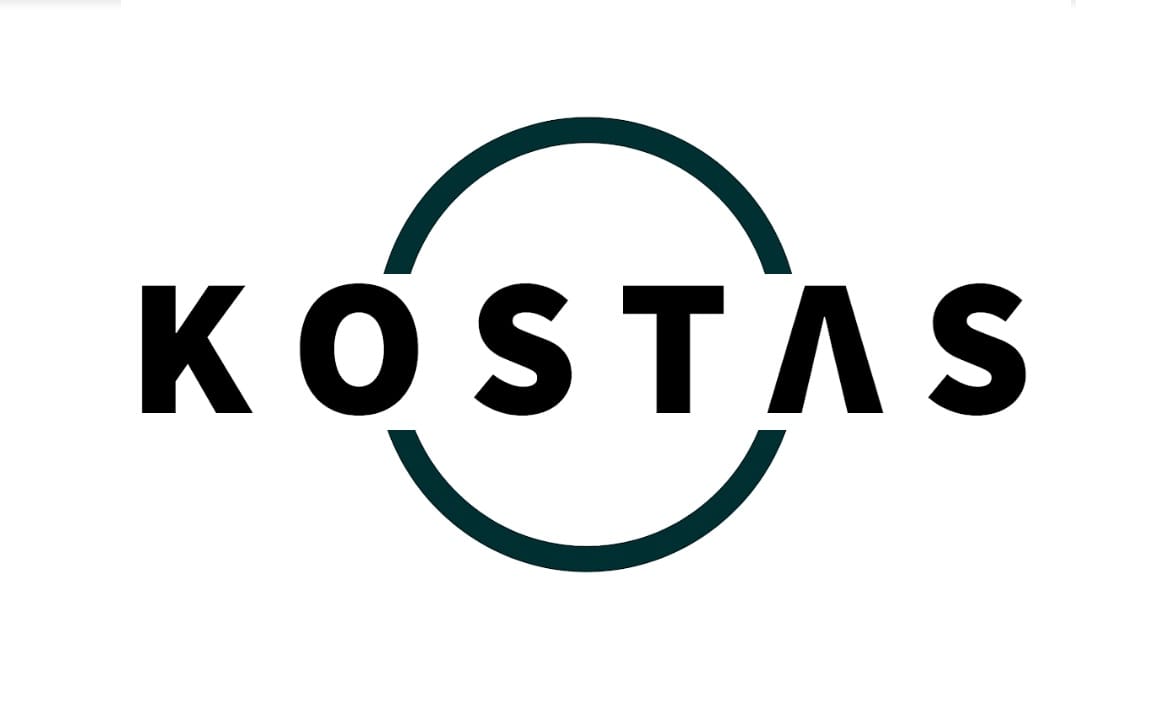The Promised Land
The land he leaves behind, while a testament to his ability to conquer the impossible, pales in comparison to the richness of a life lived in alignment with his heart.

One of the things that I constantly do is to seek for sources of inspiration. These may come from people and their stories that I am connected either as personal relationships but also offline and online influences - meaning books, articles, authors, creators and I couldn't let alone the movies.
I have this tendency to connect and relate and bring myself to the situation and reflect on what I would do, what I can learn and how I can 'simulate' a similar/parallel story to my life.
This week's article is around I movie happened to saw last week and I was amazed from the script and the story but most of all by the characters and I am not talking only by the lead actor but also the rest of the cast. To my attempt to analyze few things I will not copy the recipe that I followed to the other 2 reviews with the 12 Angry Men and the Warriors, but instead I will focus on 3 key scenes that I have them locked in my mind, my reflections and few spoilers.
For the ones that this article will spark your curiosity to see the movie - please do so and then finish this read but also can serve its purpose in an opposite way as you may go prepared to face the scenes with your eyes and ears wide open, as I am really curious to hear your views as well.
The movie is The Promised Land, a Danish drama with the almost and always amazing actor Mads Mikkelsen that I have to admit after the unreachable Daniel Day-Lewis comes as the second best, most favorite male actors.
With no further ado lets get to it.



